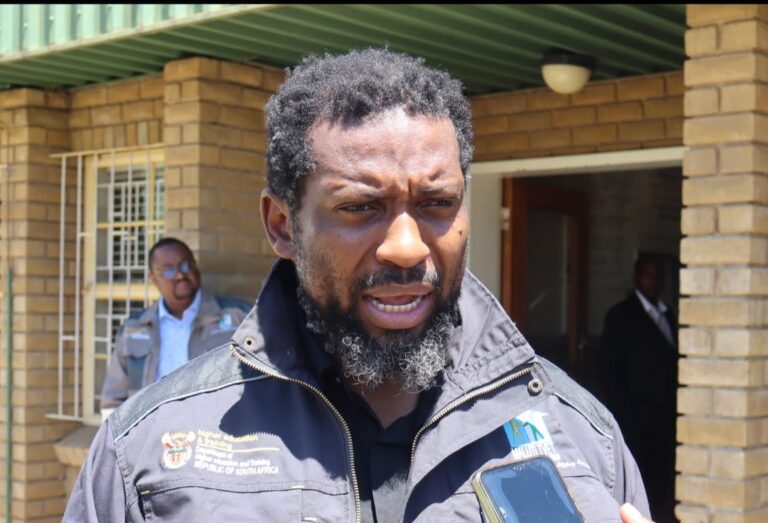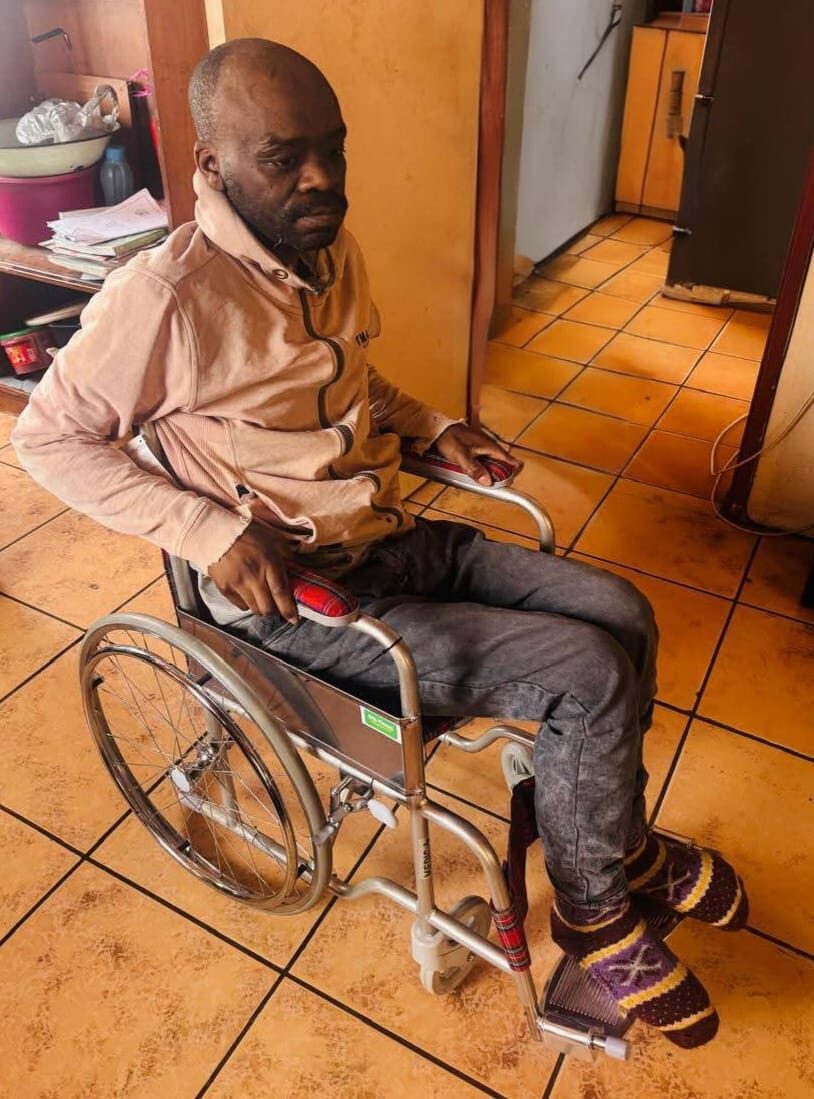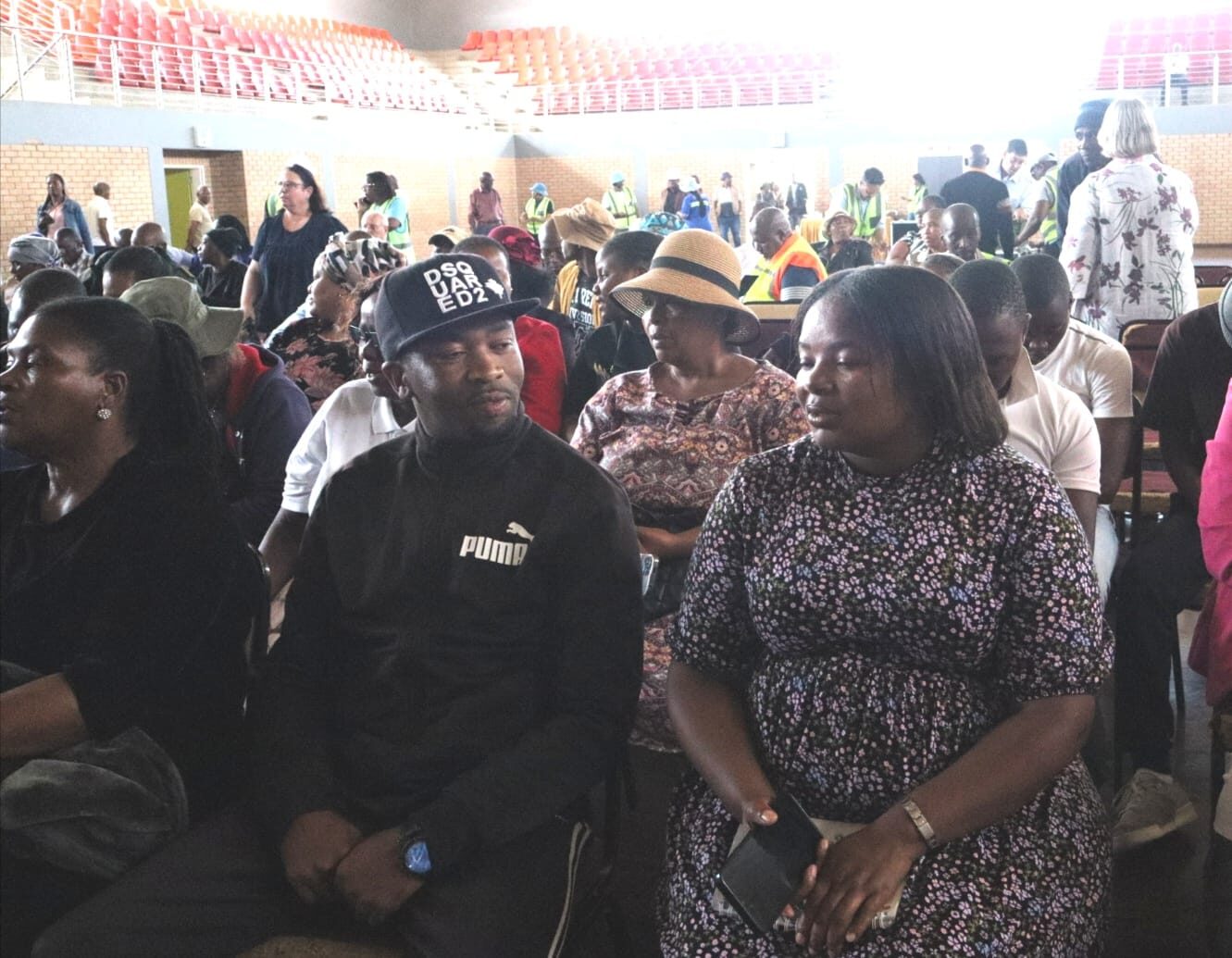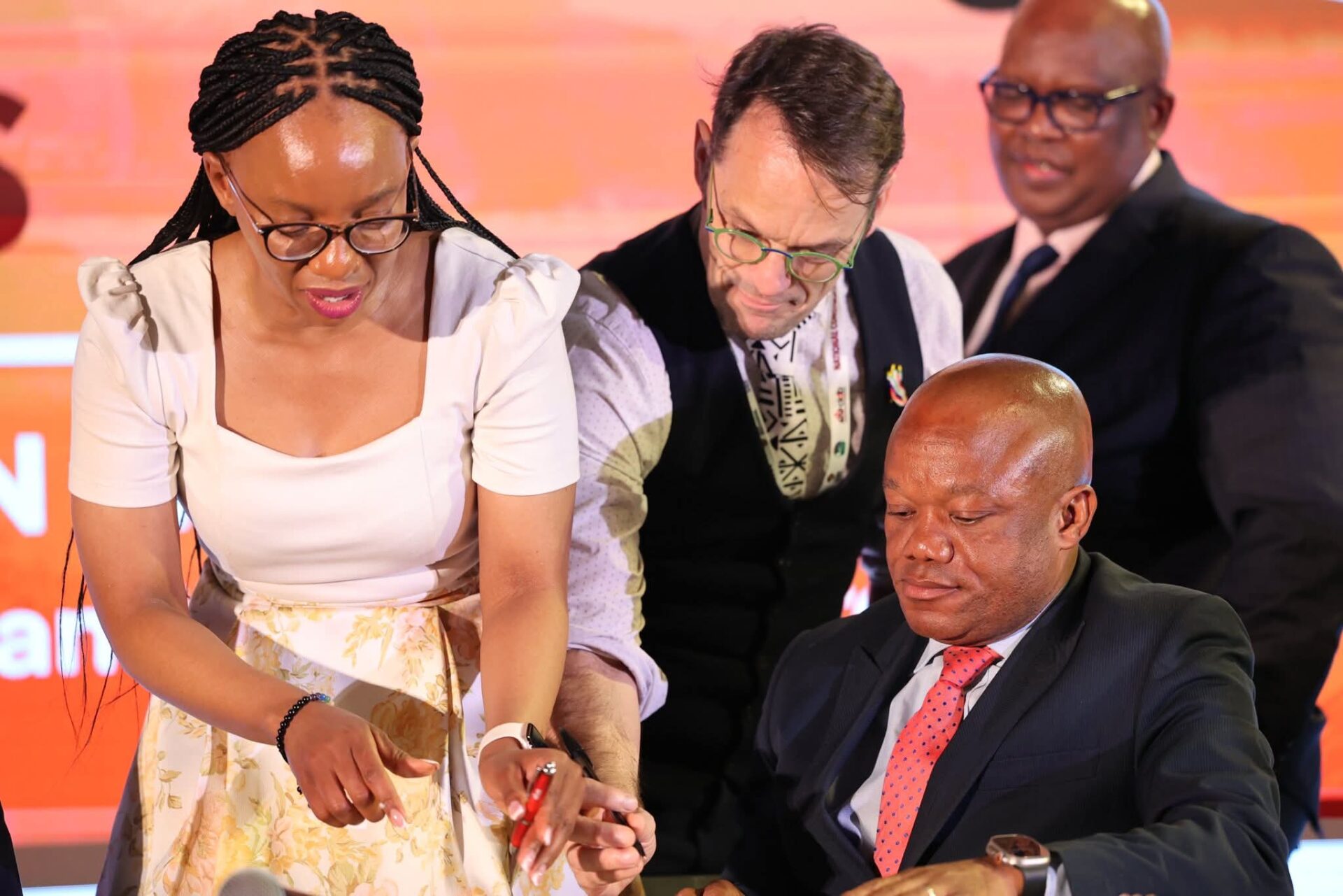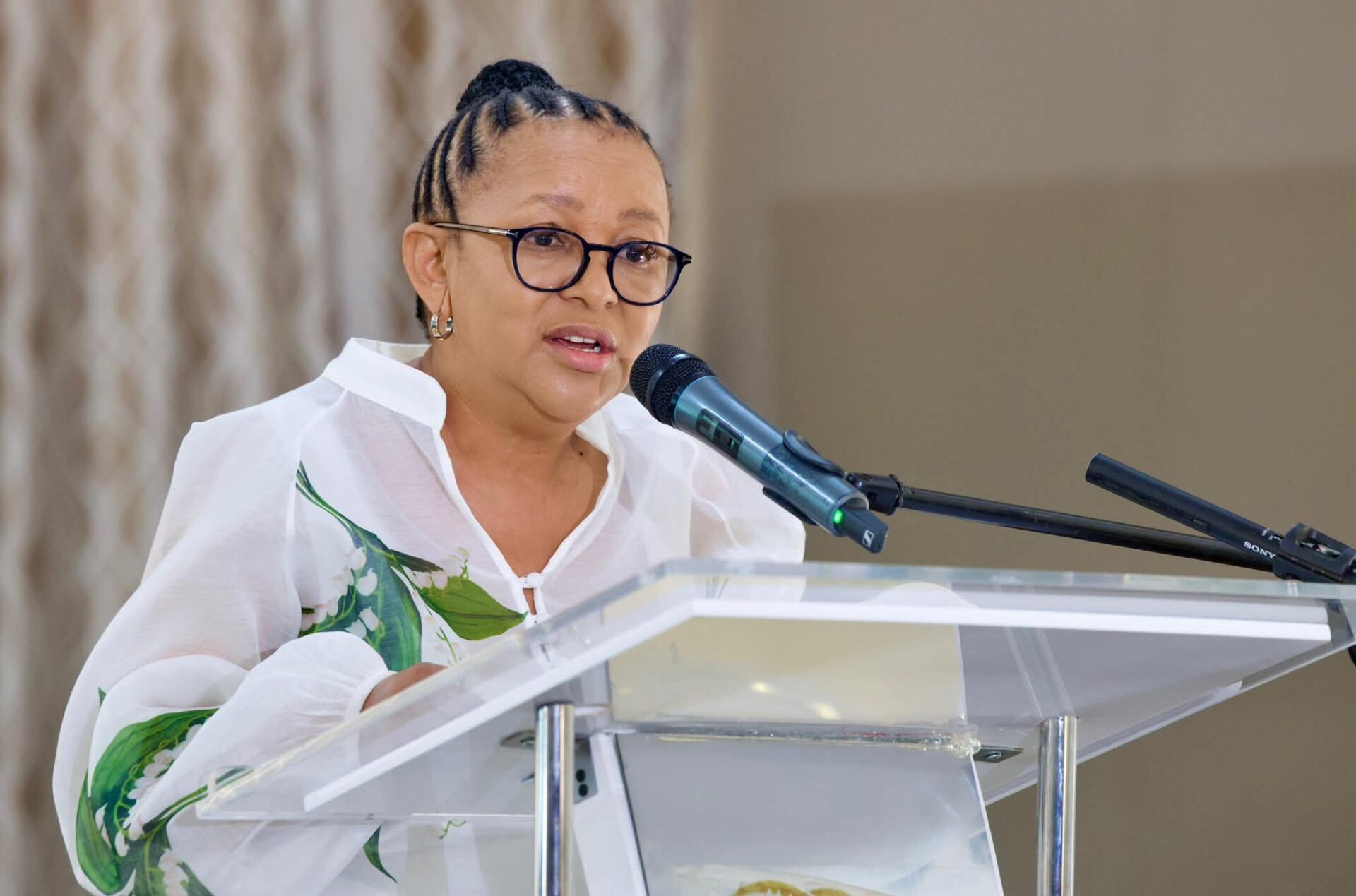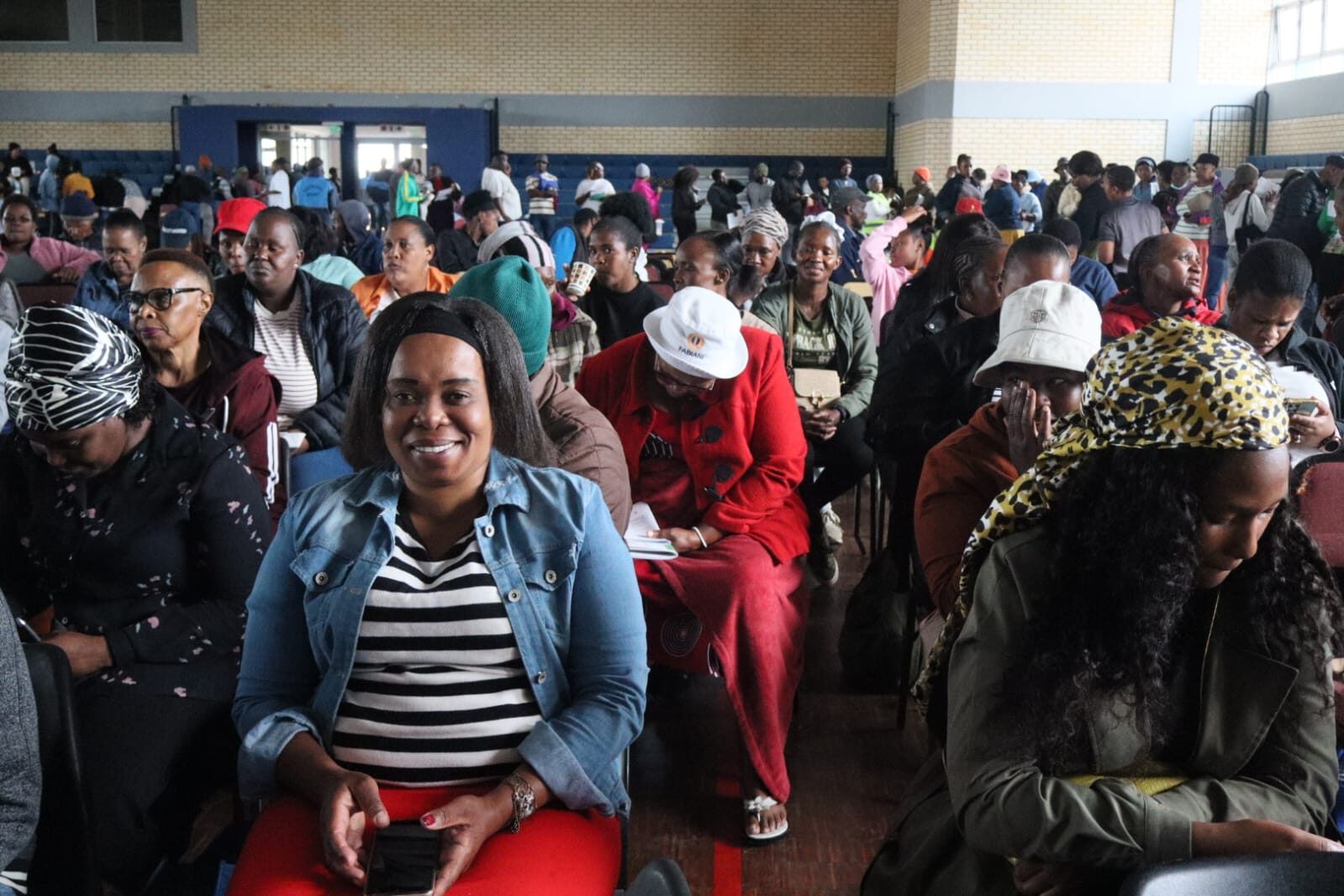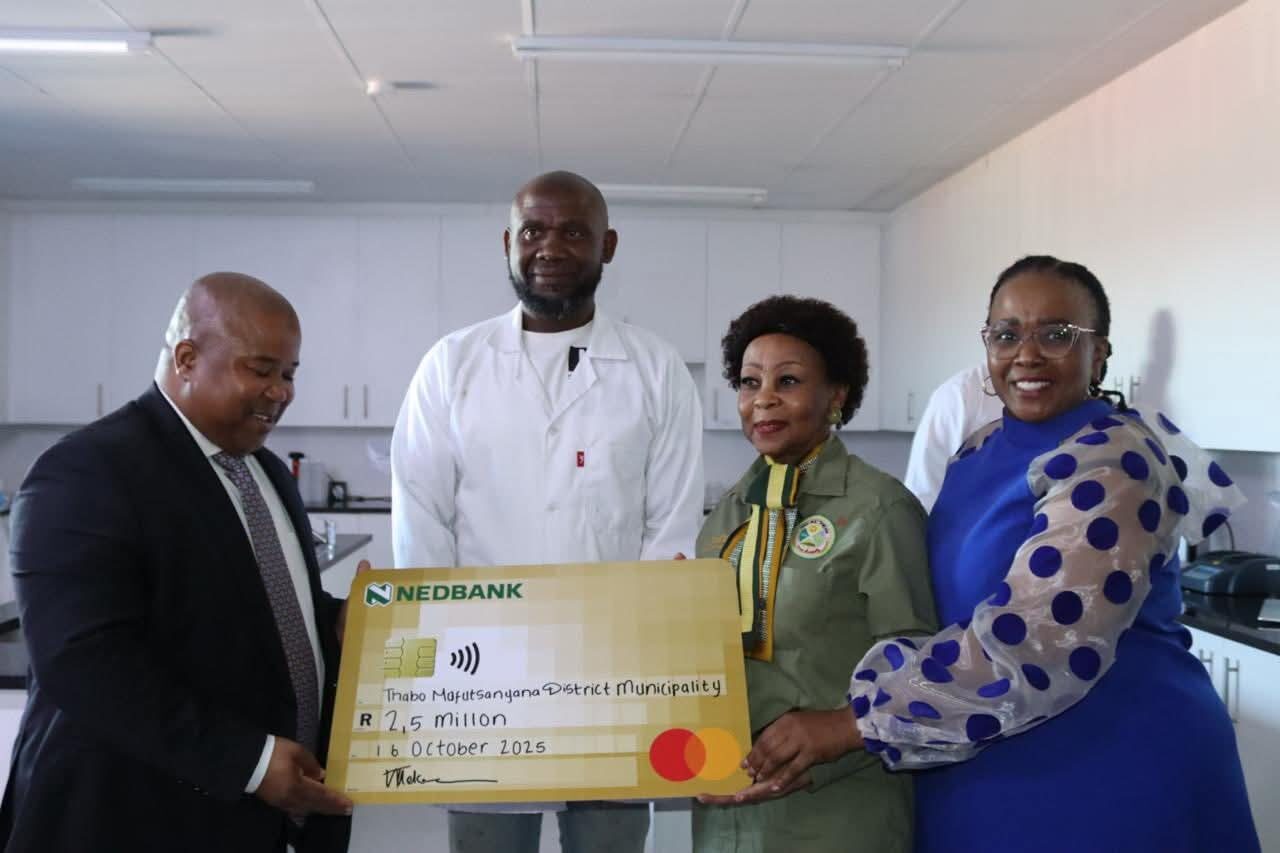By Emily Setona
QWAQWA – In a province where unemployment has become the norm for many young people, a new initiative is breathing life into long-stalled dreams. For 150 young men and women in QwaQwa, the journey from waiting to working has finally begun.
On 20 October, the Maluti TVET College’s Kwetlisong campus hosted the official induction of learners into the Skills Learnership Programme, a partnership between the Office of the Premier, Maluti TVET College, and MerSETA. The programme, described as a “beacon of hope” amid the province’s deepening unemployment crisis, drew 1,176 applications but could only accommodate a fraction.
Funded by the Office of the Premier, the learnership offers accredited, hands-on training in trades such as wheel balancing, workshop tool assistance, and coded shielded metal arc fillet welding. It is implemented by Maluti TVET College and quality-assured by MerSETA, ensuring that participants graduate with nationally recognised qualifications.
MerSETA Client Liaison Officer Puseletso Mofokeng encouraged the new recruits to seize the opportunity with discipline and focus. “You are among a select few chosen from hundreds. Pursue this with commitment—your success will open doors not only for you but for others who follow,” she said.
Representing the Office of the Premier, Dipaphang Dipaphang underscored that the initiative forms part of the provincial government’s broader youth empowerment agenda.
“We want these young people to see this as more than a temporary fix. It is a pathway to self-reliance and a contribution to reducing unemployment in the Free State,” he said.
For many of the learners, the programme offers more than just skills—it offers dignity.
Thato Mofokeng, a BCom Finance graduate from Wits University, said the programme came just when hope was fading. “I’ve been sitting at home for months, applying everywhere with no luck. When I heard about this, I applied immediately. Welding may be new to me, but it’s a skill I can use for life,” she said.
Amohelang Lebakeng, who completed matric in 2024, said he saw the opportunity as a stepping stone. “I’ll be training as a tool assistant. I feel very fortunate to have made it in because so many applied. I plan to use this skill to build my future,” he said.
Maluti TVET College SRC Chairperson Kearabetsoe Dlamini hailed the programme as a defining moment for the institution. “This marks a significant milestone for Maluti TVET College. Our students are not only learning to find jobs—they are learning to create them,” she said.
In her message of support, Thabo Mofutsanyana District Municipality Executive Mayor, Conny Msibi, described the programme as integral to the district’s long-term development strategy.
“We see this as a cornerstone of our District Development Model. It strengthens our focus on people development and empowerment—ensuring that Maluti TVET becomes a hub of skills excellence, producing artisans, entrepreneurs, and innovators,” Msibi said.
Across QwaQwa, the sentiment is clear: while the unemployment crisis remains daunting, initiatives like this demonstrate what can happen when government, educational institutions, and industry work together.
For these 150 young learners, the future no longer feels like an endless waiting game. It is now a workshop, a welding booth, a classroom where effort meets opportunity, and hope begins to take shape, one skill at a time.







